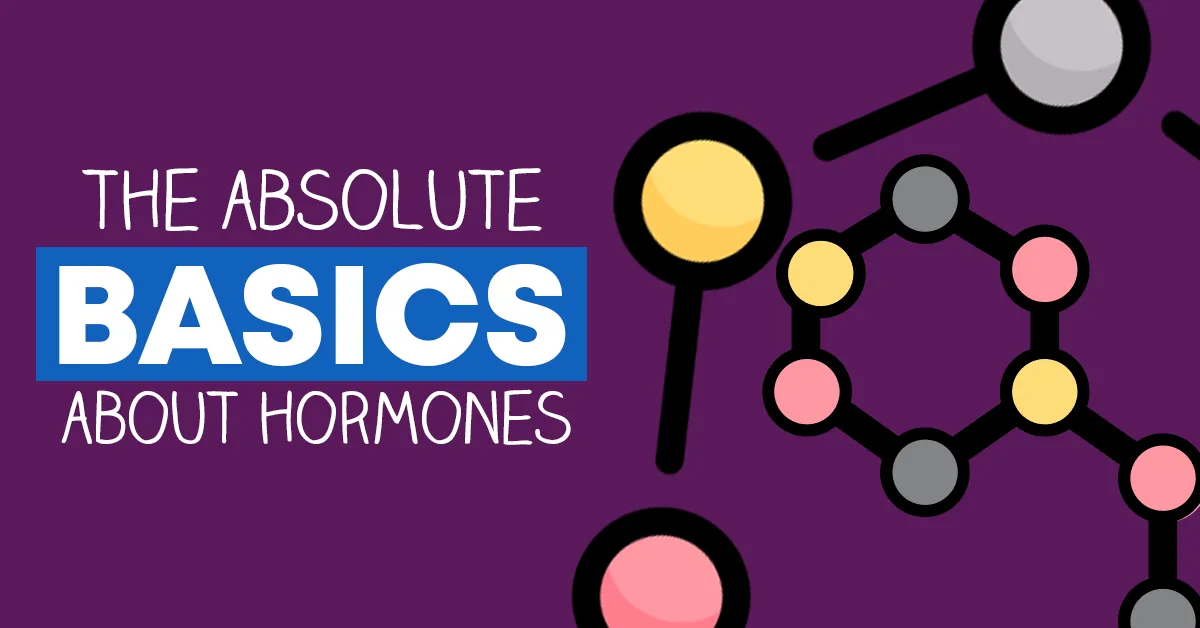There are over 50 different hormones that regulate various facets of your body. The task of a hormone is to carry information from cell to cell throughout your body. Because the role of hormones is so impactful, yet so mysterious (considering their not visible to the naked eye), many patients consult our providers to learn more about their hormones.
Testing is available, and recommended, if you are interested in learning more about your own body!
The following will be a discussion on the absolute basics of some of the most common hormones and their roles.
How do Hormones Work?
Hormones are created in the endocrine glands. These glands are located throughout your body, but the one you may be most aware of is the thyroid. Your thyroid is located in the lower portion of your neck.
The endocrine glands disperse hormones throughout your body via your bloodstream. Hormones arrive in tissues and organs and begin their slow but methodical influence on growth, metabolism, reproduction, mood, and more.
What can I do to Keep My Hormone System Healthy?
Keeping your hormone system (really your endocrine system) healthy comes down to two of the most important pieces of medical advice: getting plenty of exercise and eating a healthy diet.
Considering your thyroid is one of the endocrine glands, it plays a key role in how your hormone system functions. You can learn more about what to watch for in regard to thyroid function, here.
What is the Role of Some of the Most Important Hormones?
John Hopkins Medicine has a great chart from which the following information was summarized. It is recommended you take a look at that chart for additional information.
Corticosteroid: Serves multiple key functions including aiding in regulating blood sugar, blood pressure, salt, and water balancing.
Growth hormone (GH): Self-explanatory give its name, your growth hormone aids in growth and development while influencing fat distribution.
Renin and Angiotensin: Originate in the kidneys and play a direct role in influencing blood pressure.
Glucagon/Insulin: Both originate in the pancreas, glucagon raises blood sugar levels while insulin does the opposite. This is why a balance of these two hormones is so important in limiting your risk of diabetes.
Parathyroid hormone (PTH): Helps in regulating your blood calcium levels. A proper balance of calcium in your blood is important in ensuring your nerves, muscles, and heart is working properly.
Thyroid Hormone: As the name would suggest, this hormone originates in the thyroid gland and plays a role in controlling your body’s metabolism.
Epinephrine: Helps increase heart rate, oxygen intake, and overall blood flow. It originates in the adrenal gland and is better known as “adrenaline.”
Melatonin: Popularly advertised in sleep-aiding products, the hormone melatonin is released throughout the night to help you sleep.


